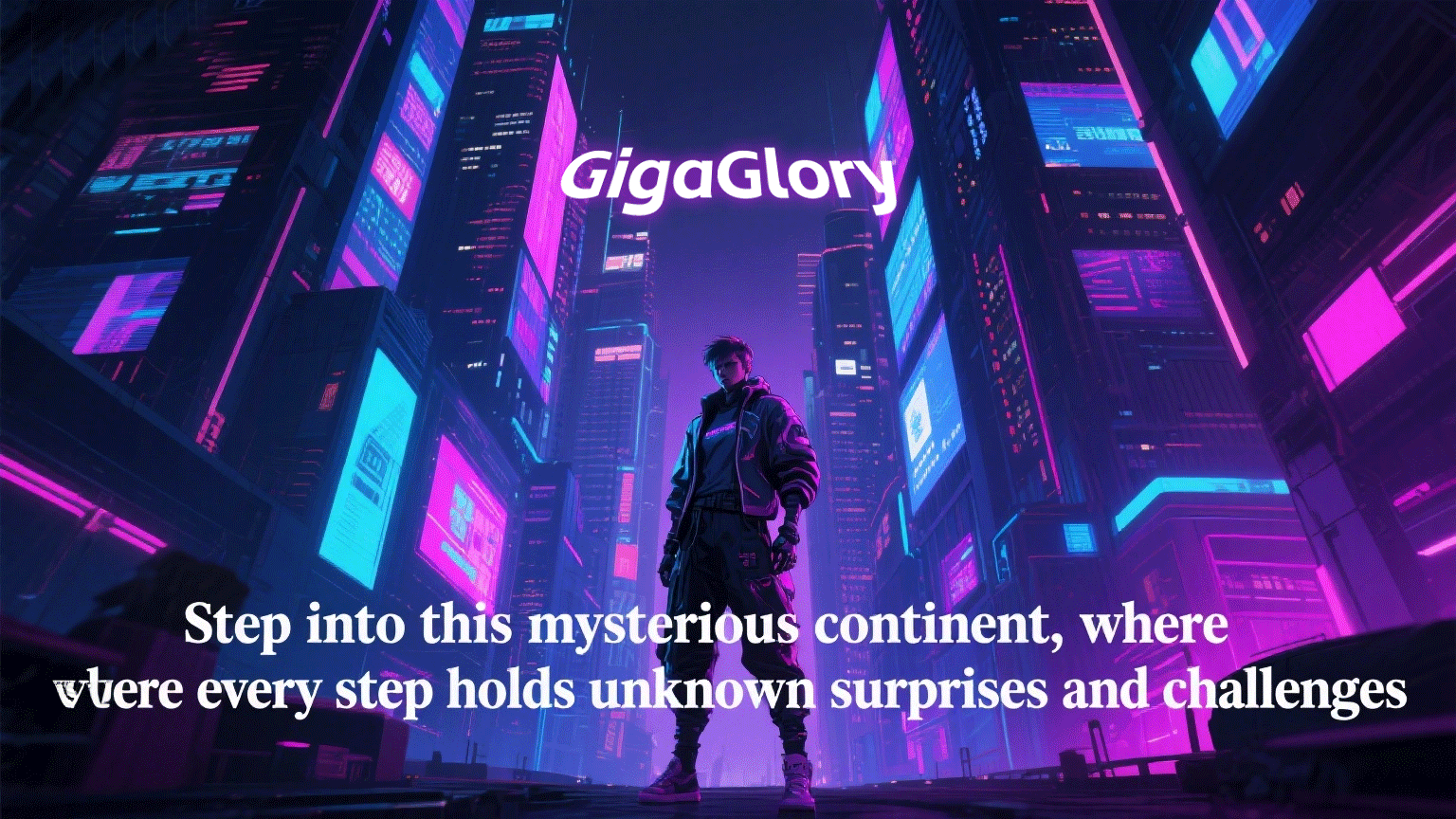Unlocking Knowledge: How Open World Games Are Revolutionizing Educational Experiences
In recent years, a unique trend has emerged in the world of education: the use of open world games as a powerful pedagogical tool. These games offer expansive environments where players can explore, experiment, and learn in dynamic ways. By integrating gameplay with educational frameworks, developers are paving the way for a new kind of learning experience that is engaging and profoundly impactful.
The Rise of Open World Games in Education
Open world games like Galactic Survival Game allow players to immerse themselves in vast terrains and narrative structures that enhance learning. Unlike traditional educational settings, these games enable players to step into interactive worlds where they can solve puzzles, complete quests, and discover knowledge at their own pace.
- Engagement: Players are more likely to retain information when it’s presented through interactive gameplay.
- Critical Thinking: Navigating complex game environments cultivates problem-solving skills.
- Collaboration: Many open world games promote teamwork, which can translate to real-world group projects.
How Educational Games are Integrating Knowledge
What sets educational games apart is their ability to teach concepts through play. For instance, educational initiatives have seen significant success in the United Kingdom, where platforms leveraging Lovatt's crosswords & puzzles engage students in linguistic challenges while inculcating a love for vocabulary.
| Game Title | Educational Focus | Target Audience |
|---|---|---|
| Minecraft: Education Edition | Engineering, Math | Children, Teens |
| Kerbal Space Program | Aerospace Engineering | Teens, Adults |
| Portal 2 | Physics, Science | Teens, Adults |
Benefits of Open World Game-Based Learning
Adopting open world games in educational curriculums brings various benefits:
- Increased Motivation: Players often feel more motivated to engage when learning is gamified.
- Customized Learning: Players can choose their paths within the game, leading to personalized educational experiences.
- Real-World Application: Many games simulate real-world scenarios, thus preparing players for practical challenges.
Moreover, traditional educational methods can sometimes feel stale and uninspiring, while video games offer vibrant, interactive experiences. This adds an emotional layer to learning, making it less daunting and more enjoyable.
Future of Education and Open World Games
As technology continues to advance, the marriage of educational games and traditional curriculum will only grow stronger. Educators are increasingly recognizing the importance of harnessing technology to engage students. The explosion of open world gaming offers a promising pathway forward.
We may soon find schools adopting entire game-based curricula that integrate cooperative gameplay, real-time feedback, and immersive experiences to foster creativity and critical thinking. As we stand on the cusp of this educational revolution, one thing is clear: open world games are not just a form of entertainment; they're transforming the way we learn.
Conclusion
In conclusion, the potential of open world games in education is vast and largely untapped. By blending fun with learning, these games can inspire students and educators alike. As the landscape of education continuously evolves, embracing this innovative approach could very well unlock a treasure trove of knowledge for generations to come.



